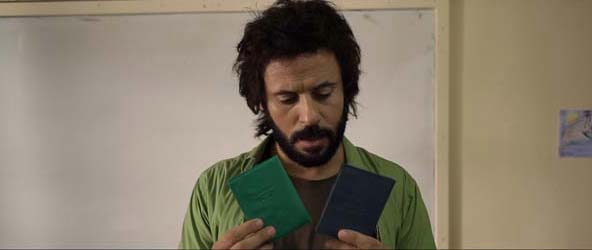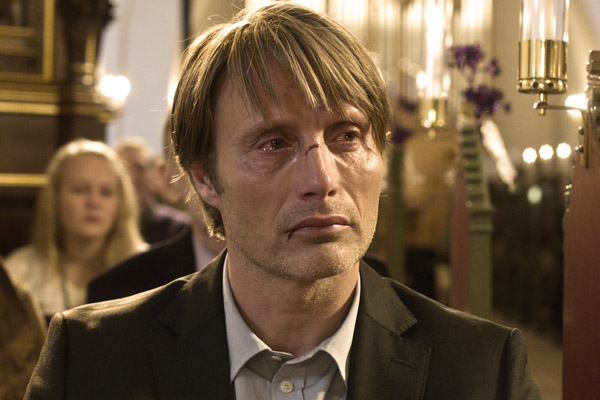Arthur Schnitzler’s classic play La Ronde—banned for 20 years before its first performance in 1920 due to its sexual content—has been adapted several times into films by Marcel Ophüls (1950), Roger Vadim (1964), and Alan Rudolph (1984’s Choose Me), along with a play by David Hare, 1998’s The Blue Room, best remembered as the Broadway show with a nude Nicole Kidman.
In the facile and slick 360, writer Peter Morgan and director Fernando Meirelles tweak Schnitzler’s basic structure (A meets B, who meets C, who meets D, who meets E, eventually returning to A). They cast their nets a little wider as their characters don’t follow the straightforward A-B, B-C, C-D roundelay. Instead, the stories interlock more messily, with characters being introduced, disappearing, then showing up again later, apparently in the hope of demonstrating the complexities of the modern world. But in the end, 360 cannot escape its built-in schematics.
Jumping around Europe (Bratislava, Paris, London, Vienna) and the U.S. (Denver, Phoenix), Meirelles literalizes the plot strands’ fragmented nature with liberal crosscutting and split screens, further vulgarizing several melodramatic stories that feature mainly stick figures. Only a few subplots are worth spending time, notably the budding affair between two medical colleagues, the married Russian Valentina (Dinara Drukarova) and the Algerian Zina (Jamel Debbouze), whose relationship—with its myriad political, social, and personal implications—cries out for further dramatization.
Unfortunately, too much of the film is taken up with bland couplings, like the faithful husband Michael (Jude Law) and his cheating wife Rose (Rachel Weitz), or ridiculously overwrought ones, like John (Anthony Hopkins), a middle-aged recovering alcoholic looking for his missing daughter. He meets Laura (Maria Flor), a young Brazilian woman, on a flight, but loses his chance to spend more time with her when she meets Tyler (Ben Foster), a just-released pedophile, during a long layover delay.
The film closes its circle with Blanka (Lucia Siposova), who was seen at the beginning getting her nude pictures taken for an online escort service. She finishes her hollow narration about people taking forks in the road as split screens show each of the characters in turn. I’m surprised that she doesn’t say “full circle” or “360” so that everybody gets the message. After a conversation between Michael and a colleague that shows his sentimental, old-fashioned view of marriage—he decided not to meet Blanca for a tryst earlier, with the colleague improbably taking his place—360 ends with another young woman having nude pictures taken by the same sleazeball photographer who started it all, wrapping up an unholy mix of sanctimony and cynicism.
Its nominal links to La Ronde notwithstanding, the episodic nature of 360 is closer to films like Crash, Babel, and 21 Grams, equally flimsy attempts to convey the fragmentary nature of contemporary life.






Leave A Comment